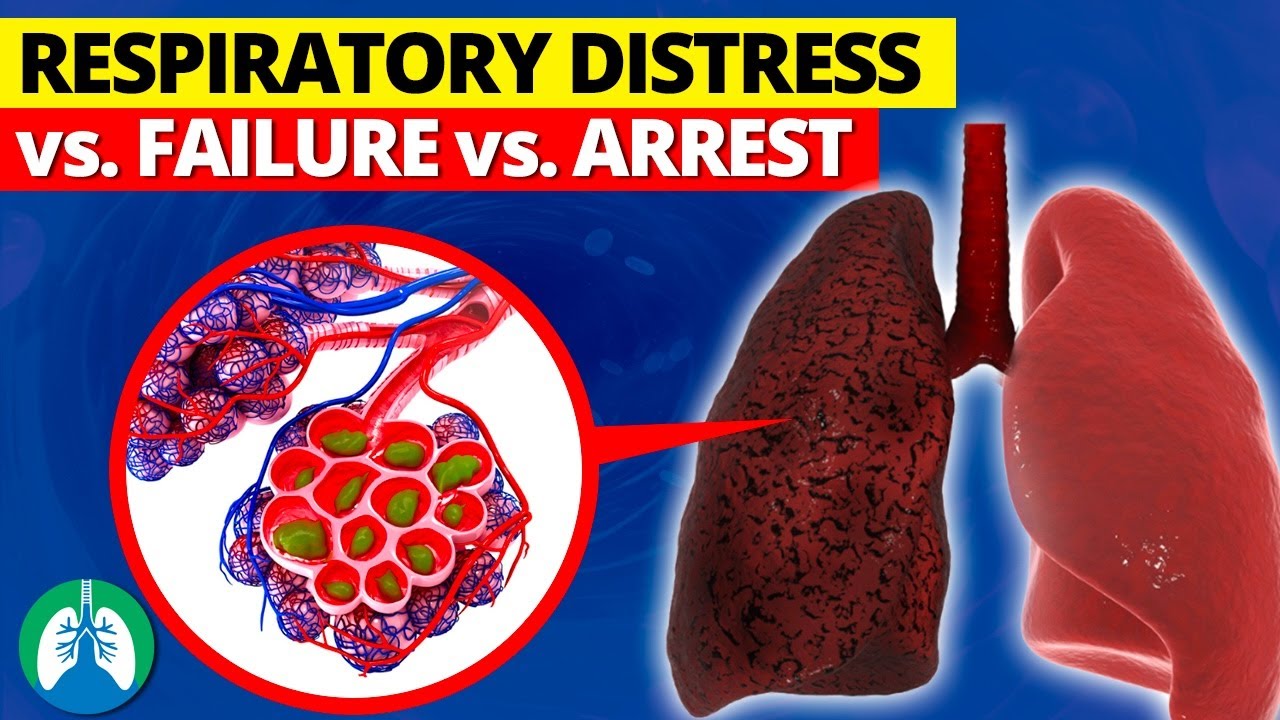Respiratory distress refers to a condition where a person is experiencing difficulty breathing, usually characterized by rapid breathing, shallow breaths, and increased effort to breathe. Respiratory failure occurs when the lungs are unable to adequately oxygenate the blood and remove carbon dioxide, leading to a buildup of these gases in the bloodstream. This can result in a life-threatening situation if not treated promptly. Respiratory arrest, on the other hand, is a sudden cessation of breathing, typically caused by a severe medical emergency such as a heart attack or drug overdose. Immediate intervention is required to restore breathing and prevent further complications.

